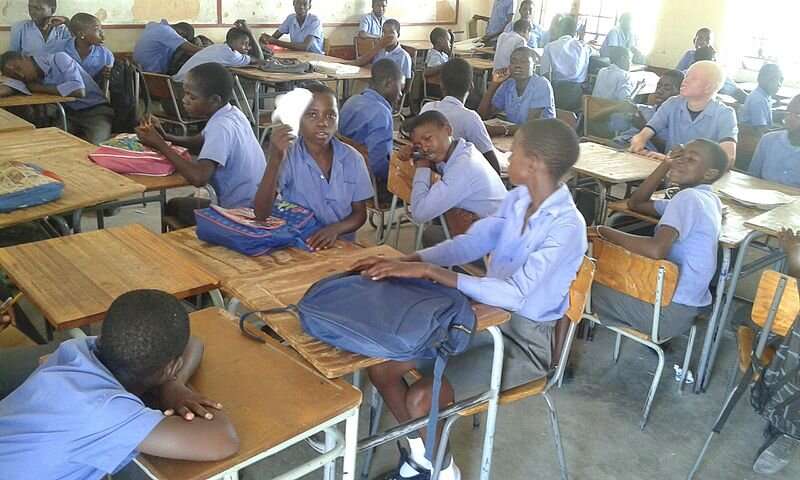The relationship between parenting styles, parental involvement and children's academic performance in Namibia

The doctoral dissertation of Josephina Jekonia, Med, explores both the relationship between parenting styles, parental involvement and children's academic performance.
Parenting styles and parental involvement in academic-related work have been consistently associated with children's school performance. Parental involvement is believed to be one of the most significant methods of increasing educational outcomes. According to previous research, parental involvement activities impact children's educational outcomes through learning activities, starting from asking questions to actions aimed at creating tactical understanding and the ability to solve problems. However, the association between parenting styles, the involvement of parents and children's academic performance has been rarely studied in other than Western educational contexts, thus presenting the need to extend the study to non-Western contexts. The aim of Jekonia's Ph.D. study was to examine the relationship between parenting styles, parental involvement and academic performance pertaining to primary school children in Namibia. The study further examined differences between groups of parents in relations to their demographic background (gender and parents' education level). The results showed that parenting style and parental involvement were correlated primarily with school performance of the Namibian children. The findings revealed that mothers were more authoritative (child-centered) which consistently increased their level of participation in school activities and subsequently resulted in good performance of their children. Considering that fathers are more authoritarian (adult-centered) in their parenting than mothers, it is imperative that schools should educate parents on the consequences of different parenting styles.
The study employs mixed method design. The information was gathered from parents of senior primary school children through survey, focus group and individual interviews. Quantitative data were analyzed using statistical methods such as multiple linear regression analysis, principal components analysis (PCA), Pearson correlations, one-way analysis of variance (ANOVA) and k-means cluster analysis. The closed-ended questions were analyzed using the cross tabulation with chi-square test. Six phases of thematic analysis were utilized to analyze the data from the interviews.
New knowledge was revealed about the relationship between parenting styles, parental involvement and children's academic performance. Future research should assess these relationships drawing on the experiences of individual children or group of children to support those of their parents.
The doctoral dissertation on Josephina Jekonia, Master of Education, The Relationship Between Parenting Styles, Parental Involvement and Children's Academic Performance in Namibian Senior Primary Schools, will be examined at the Philosophical Faculty. The Opponent in the public examination will be Professor Marja-Kristiina Lerkkanen (University of Jyväskylä). The Custos will be Professor Pertti Väisänen of the University of Eastern Finland. The public examination will be held in English.
Provided by University of Eastern Finland




















